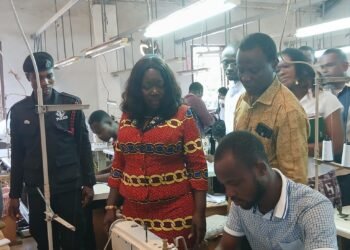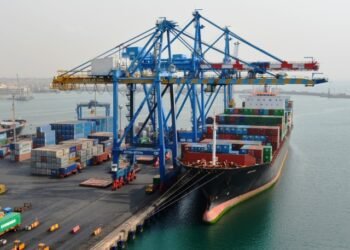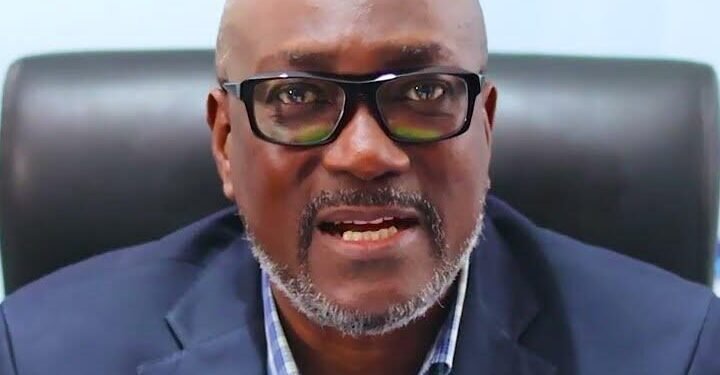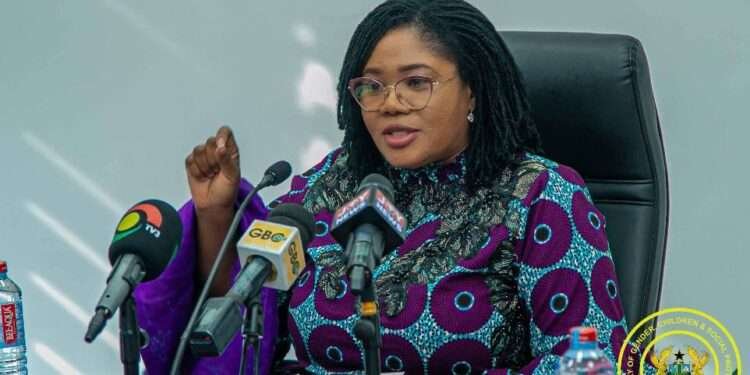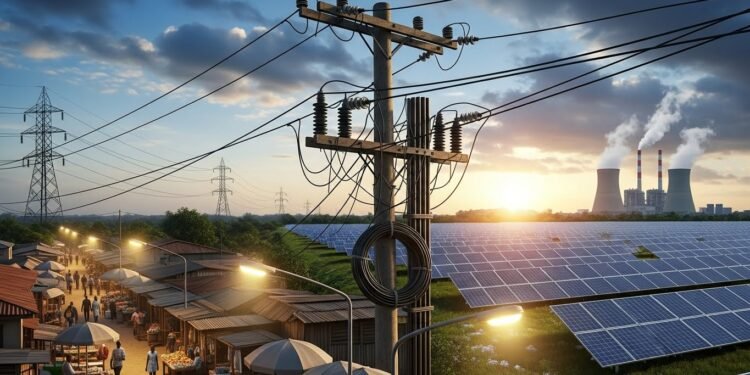The Trump tariffs on Ghanaian exports have ignited a wave of anxiety among business leaders, with the Importers and Exporters Association of Ghana issuing a strong rebuke of what it describes as an unfair and economically damaging policy decision by the United States.
In a sharply worded statement signed by the Executive Secretary, Samson Asaki Awingobit, the Association condemned the U.S. government’s imposition of a 10% tariff increase on imports from Ghana.
This move, according to the Association, is a direct affront to the “protocols and principles upheld by the World Trade Organization (WTO)” and demands unequivocal condemnation.
“As an association representing the interests of Ghanaian importers and exporters, we believe this tariff hike poses significant threats to our economy and the livelihoods of countless Ghanaian businesses and workers.”
Importers and Exporters Association of Ghana
The decision, spearheaded by the administration of President Donald Trump, risks not only straining diplomatic ties but also inflicting serious economic consequences on Ghana’s export sector.
It comes at a time when many businesses are still recovering from global supply chain disruptions, currency volatility, and post-pandemic inflationary pressures.
One of the most immediate effects of the Trump tariffs, the statement noted, is a projected dip in the competitiveness of Ghanaian products in U.S. markets.
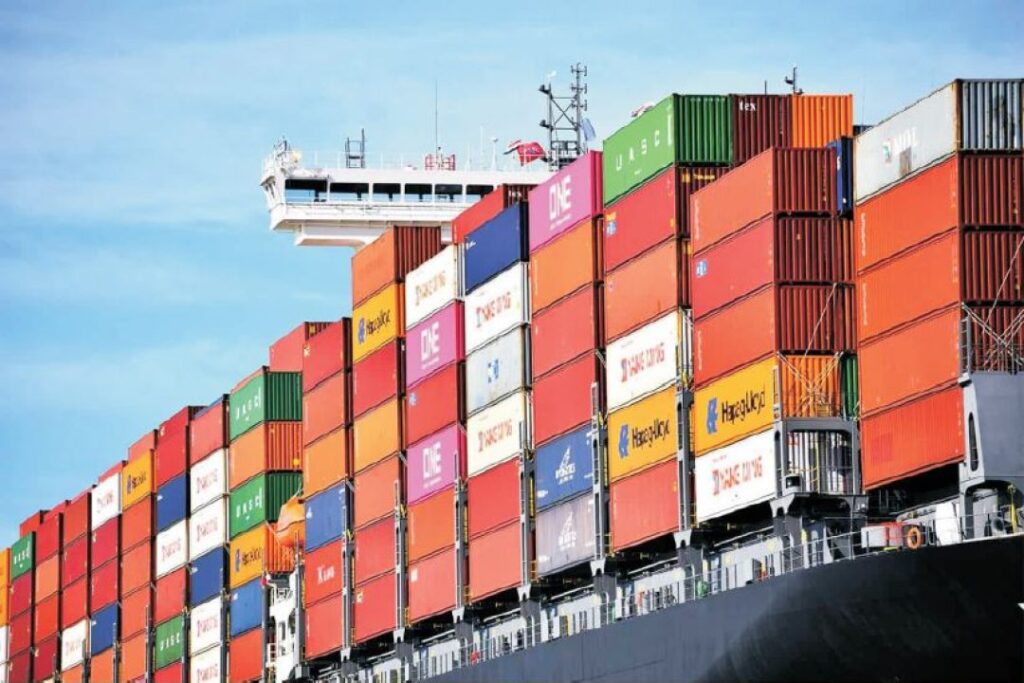
Accordingly, the Association pointed to the likelihood of a drop in demand and revenue for exporters, particularly in traditional sectors like cocoa, textiles, and fresh produce, where price sensitivity is high.
The Association warned that “With reduced export opportunities, businesses within the export sector may be forced to downsize, resulting in job losses and widening income disparities in the country.”
The tariff hike, while aimed at protecting American industries, may end up deepening inequality in Ghana and creating unintended long-term challenges for an already vulnerable workforce.
The statement pointed out that job cuts in export-linked sectors could have devastating social and economic consequences, especially in rural areas dependent on agribusiness and export-led manufacturing.
Tariff Fallout Could Weaken Entire Economy
Beyond the export sector, the Trump tariffs could upset Ghana’s broader economic equilibrium.
As such, the Association predicted a tightening credit market as banks respond to uncertainty and declining business revenue by hiking interest rates.

The Association noted that this would further squeeze entrepreneurs and small businesses already grappling with high borrowing costs.
The statement also noted that there is likely a deterioration of the country’s trade balance.
“A decline in exports coupled with sustained import levels could worsen Ghana’s trade deficit, putting additional pressure on the national economy.”
Importers and Exporters Association of Ghana
According to the Association, this chain reaction may culminate in an overall reduction in economic growth.
With national revenues shrinking, government development efforts may falter, and the country’s long-term aspirations under Agenda 111, industrialization strategies, and digital transformation initiatives may lose momentum.
Government Urged To Step In Now
In view of these pressing concerns, the Importers and Exporters Association called on Ghana’s policymakers to act swiftly.
Their appeal is directed squarely at the Ministry of Trade, Agribusiness, and Industry, as well as the Ministry of Foreign Affairs and Regional Integration. “We call on… all relevant stakeholders [to] analyze the full implications of this tariff increase on Ghana’s economy.”
It does not stop there. The Association also indicated that it expects the government to pursue direct diplomatic engagement with Washington.
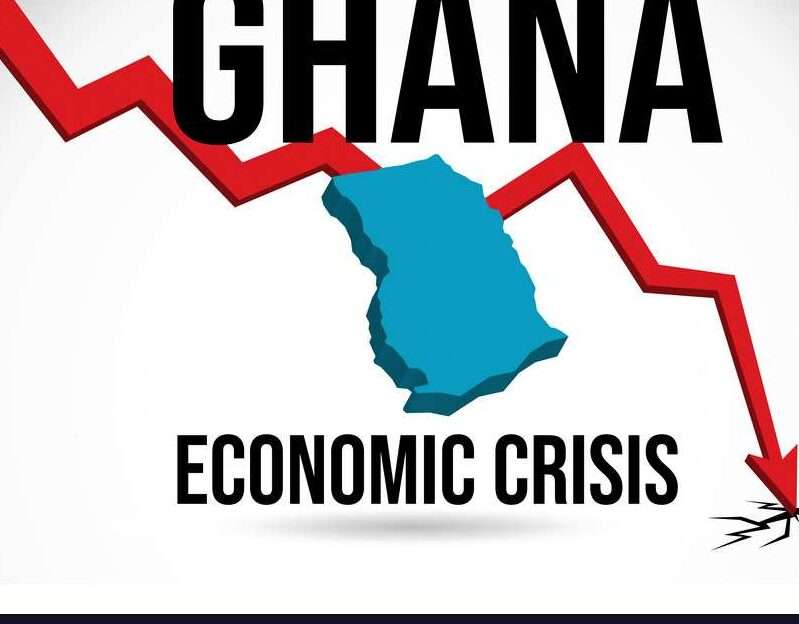
Ghana, they argued, must stand up for its economic sovereignty and push for a reversal of this tariff policy. Meanwhile, they are asking for a domestic safety net.
“We also appeal to the Ghanaian government to take proactive steps to support the exporting community by providing incentives and relief measures to cushion affected businesses and entrepreneurs.”
Importers and Exporters Association of Ghana
In a show of unity, the Association reaffirmed its backing for local businesses bearing the brunt of this economic pressure. “We stand in solidarity with our exporters and business community and urge all relevant authorities to act swiftly in addressing this pressing issue.”
Indeed, as global trade politics become increasingly unpredictable, Ghana cannot afford to be a passive actor.
The Trump tariffs have revealed just how vulnerable developing economies are to policy shifts in advanced economies.
Meanwhile, the Minister of Foreign Affairs, Hon. Samuel Okudzeto Ablakwa, has confirmed that he has scheduled a meeting with the United States Ambassador to Ghana, Virginia Palmer, at his office on Monday, April 7.
The purpose of the invitation is to seek clarification on President Donald Trump’s recent decision to impose a 10% tariff on imports from Ghana.
READ ALSO: Energy Minister Orders Probe into Missing ECG Containers




